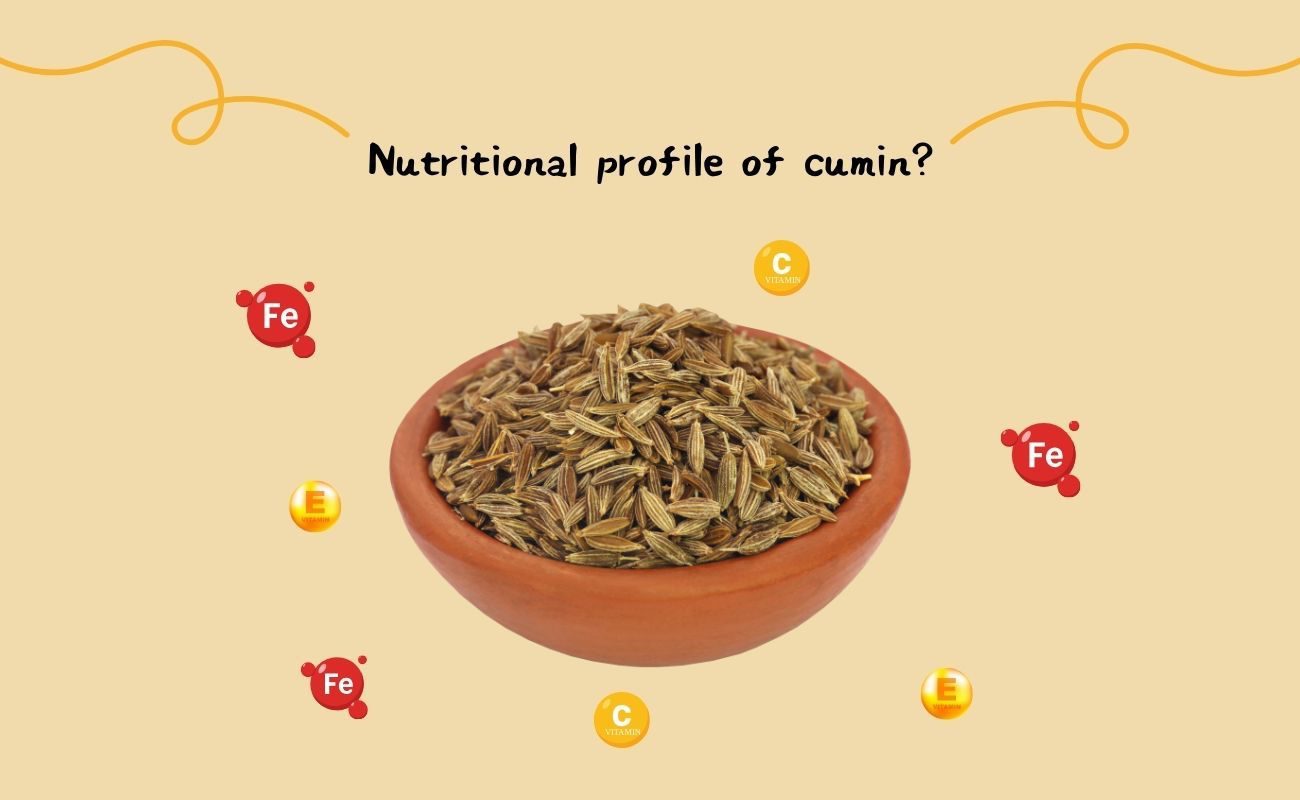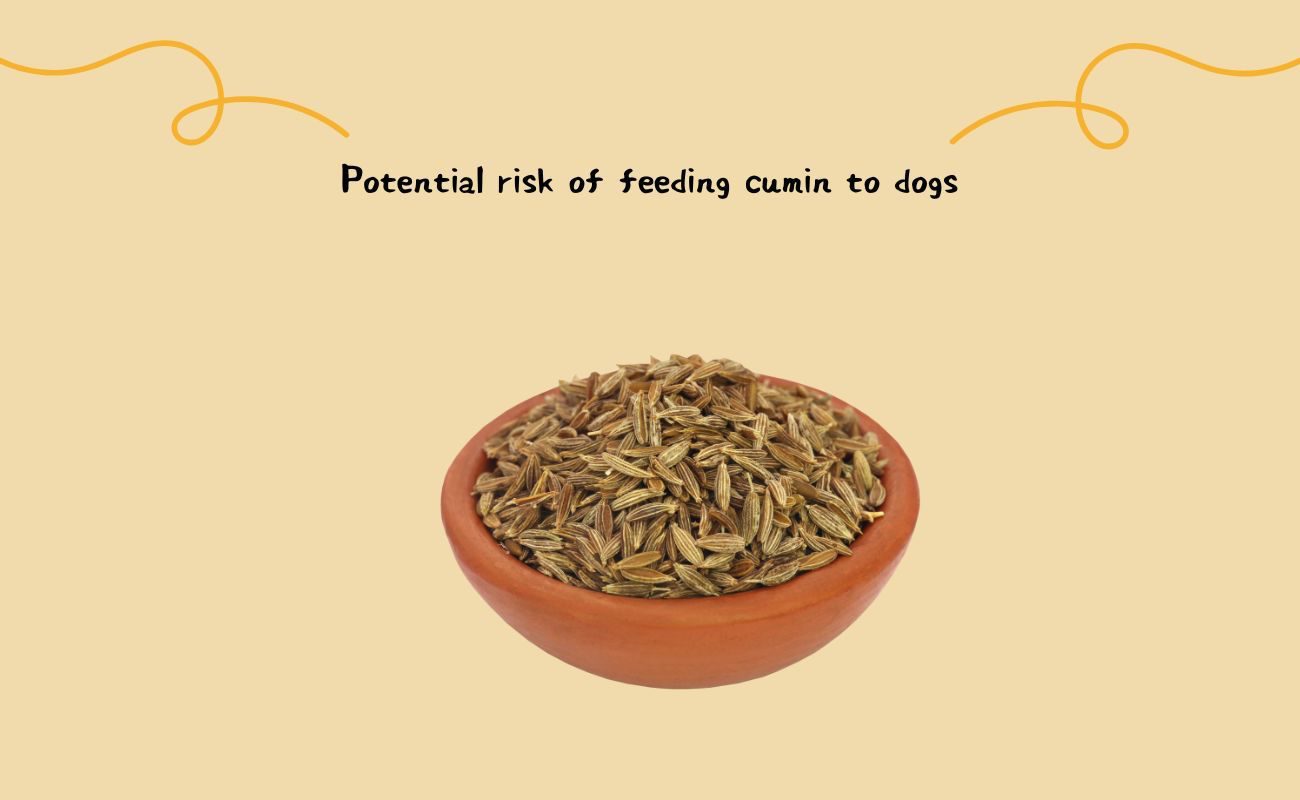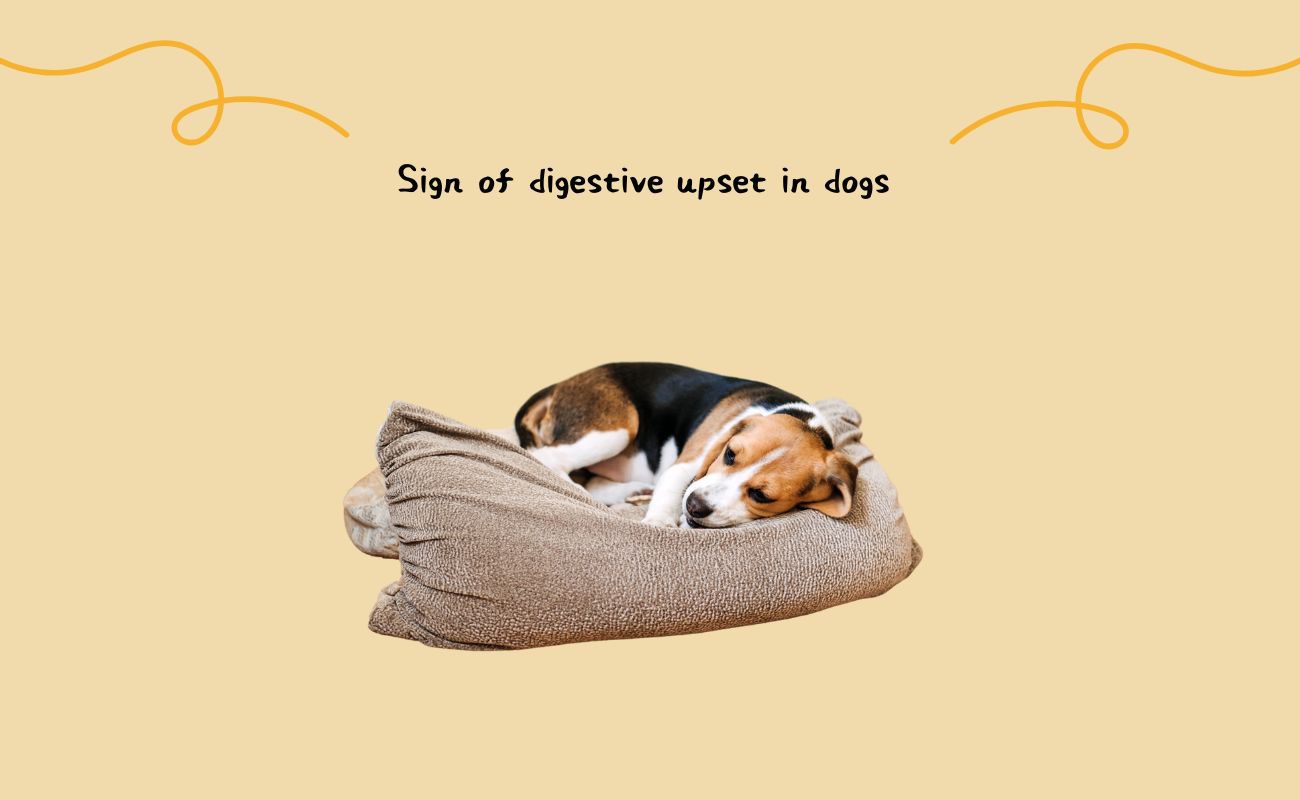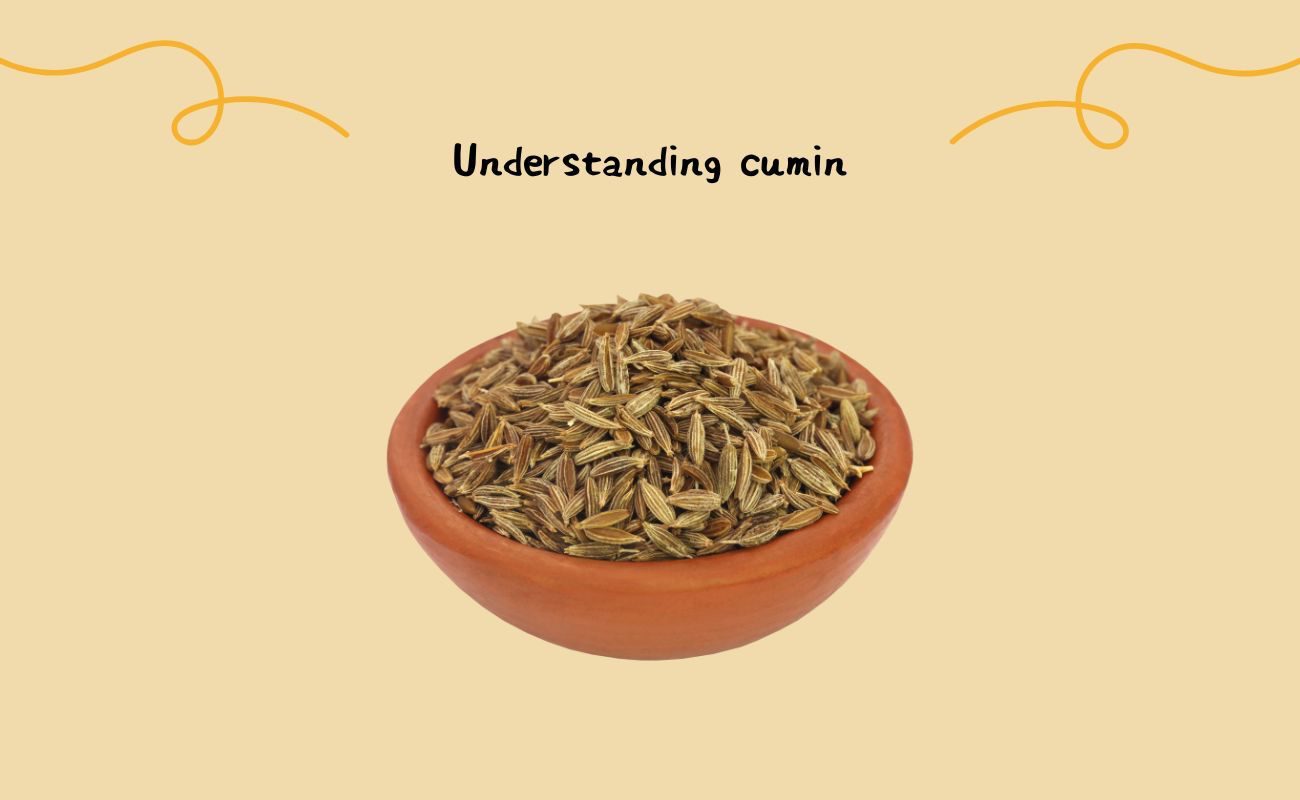Understanding Cumin, Can Dogs Eat Cumin?
Cumin is a spice derived from the seeds of the Cuminum cyminum plant, commonly used in various cuisines worldwide. It has a warm, earthy flavor and is often used to add depth to dishes such as curries, chili, and tacos.
Cumin is a flavorful spice commonly used in cooking, but can dogs eat cumin? As a responsible pet owner, it’s essential to understand the potential risks and benefits of feeding cumin to your canine companion. In this comprehensive guide, we’ll delve into the question: Can dogs eat cumin? We’ll explore the nutritional profile of cumin, potential risks, and safe ways to incorporate it into your dog’s diet.

Nutritional Profile of Cumin
Cumin is rich in nutrients such as iron, manganese, and antioxidants. It also contains vitamins A, C, and E, as well as dietary fiber. While these nutrients may offer health benefits for humans, it’s essential to consider whether they are suitable for dogs.
Here’s a table detailing the nutritional profile of cumin per 100 grams
| Nutrient | Amount Per 100g |
|---|---|
| Calories | 375 kcal |
| Protein | 17.81 g |
| Fat | 22.27 g |
| Saturated Fat | 1.535 g |
| Monounsaturated Fat | 14.055 g |
| Polyunsaturated Fat | 3.275 g |
| Carbohydrates | 44.24 g |
| Fiber | 10.5 g |
| Sugars | 2.25 g |
| Calcium | 931 mg |
| Iron | 66.36 mg |
| Magnesium | 366 mg |
| Phosphorus | 499 mg |
| Potassium | 1788 mg |
| Sodium | 168 mg |
| Zinc | 4.8 mg |
Please note that these values are approximate and can vary depending on factors such as growing conditions and processing methods.

Can Dogs Digest Cumin?
While dogs can digest a variety of foods, including some spices, their digestive systems may not tolerate certain spices as well as humans. The strong flavors and aromatic compounds in cumin may be overwhelming for some dogs and could potentially lead to digestive upset.

Potential Risks of Feeding Cumin to Dogs
Feeding cumin to dogs in large quantities may cause gastrointestinal upset, including
- Vomiting
- Diarrhea
- Abdominal discomfort
Additionally, some dogs may be allergic to cumin or experience adverse reactions to its potent compounds.

Potential Benefits of Cumin for Dogs
While there is limited scientific research on the specific effects of cumin on dogs, some anecdotal evidence suggests that it may have certain health benefits. For example, cumin is believed to possess anti-inflammatory and antioxidant properties, which could potentially support overall health and well-being in dogs.

Safe Ways to Introduce Cumin to Your Dog
If you’re considering incorporating cumin into your dog’s diet, it’s essential to do so gradually and in small amounts. Start by offering a tiny pinch of ground cumin mixed with your dog’s regular food and observe their reaction. If your dog shows any signs of digestive upset or adverse reactions, discontinue the cumin immediately.

Signs of Digestive Upset in Dogs
Common signs of digestive upset in dogs include
- Vomiting
- Diarrhea
- Abdominal pain
- Lethargy
- Decreased appetite
and changes in stool quality or frequency. If your dog experiences any of these symptoms after consuming cumin, consult with your veterinarian for guidance.

What to Do If Your Dog Eats Cumin
If your dog accidentally ingests cumin and experiences any adverse reactions, monitor them closely and contact your veterinarian for advice. In most cases, mild cases of digestive upset can be managed at home with supportive care, such as providing plenty of fresh water and a bland diet.
Summary
Can Dogs Eat Cumin?
No, dogs should not eat cumin. While cumin is not toxic to dogs in small amounts, it can cause digestive upset and discomfort due to its strong flavors and aromatic compounds. Additionally, there are no significant health benefits for dogs to consume cumin, so it’s best to avoid feeding it to them altogether. If you’re looking for safe ways to spice up your dog’s diet, consider using canine-friendly herbs and spices recommended by your veterinarian.










